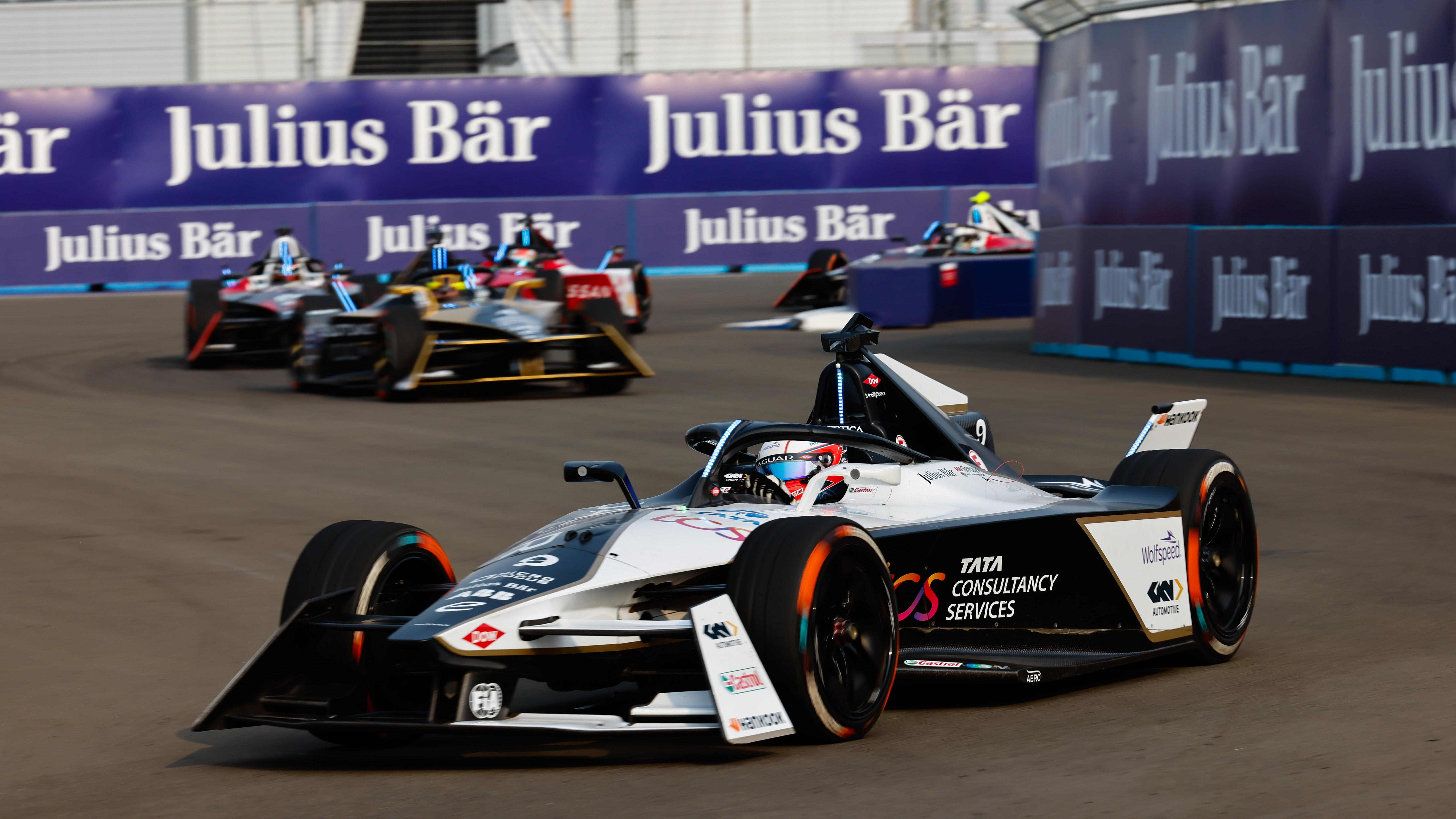Motorsport's Most Relevant Series Is Formula E
If motorsport is intended to be a proving ground for road-going technology, then Formula E is more important than anything else.
If you've watched racing, then you're aware of the fact that motorsport has traditionally been a high-speed test bed for the technology implemented in our road-going cars. Rearview mirrors, all-wheel drive, and disc brakes can all trace their lineage to an innovative race car — but in 2023, racing just isn't relevant anymore. That is, unless you're watching Formula E.
(Full disclosure: Jaguar TCS Racing invited me to attend the Portland ePrix as a guest of the team, during which time I conducted as many interviews as humanly possible with team personnel, and technology transfer was one of my biggest talking points.)
These days, the relevance of things like Formula 1 or top-level endurance racing has really begun to fade. Our pre-season talking points — like Mercedes' anti-sidepods in F1 — center around technology that will see relevance within the very specific confines of one series. We're not dropping our jaws at a new concept that could totally revolutionize our daily driver — unless you're dailying a supercar, that is.
Jaguar TCS Racing driver Sam Bird referred to F1 as a "materials" championship, in the sense that the goal is to refine things like carbon fiber that will be used less in our everyday lives than, say, a technology upgrade that alters the way a battery works.
"The materials used in Formula 1 are so expensive that it's only relevant if you're going to space or buying the latest hypercar. It doesn't appeal to the mass market," Bird said.
But there is still one arena where motorsport can significantly contribute to the development of our road cars: electrification.
While F1 and WEC have opted for hybridized systems, Formula E's use of batteries is still pretty unique, and it has also led to rapid developments in the battery sphere. Think back to FE's first few seasons: it was routinely criticized for the fact that its batteries couldn't last the duration of a single race, which resulted in a goofy-looking driver swap. However, the data FE gathered through its fairly rudimentary battery technology in 2014 enabled the series to develop its second generation of car with a far more powerful, efficient, and long-lasting battery. Now, with the series in its third generation, FE has focused on creating a powertrain that continues to break boundaries, in part because of its recent focus on in-race regeneration.
That tech improvement, though, hasn't just taken place within the confines of FE. It has spread to road cars.
"The software and technology we use in these cars are going onto the production line and is creating more efficient cars for the future," Bird said of Formula E. "Through the work we do with this team, we've increased the efficiency of the Jaguar I-Pace by like 20 kilometers, which is a good chunk of range, considering all [the engineers] did was change software.
"What we're creating here is software that will go into the next small electric road car that people will be driving in two years' time. It's relevant technology."
In a later round-table interview, James Barclay, team director of Jaguar TCS Racing, agreed with everything Bird had to say.
"Jaguar is becoming full electric from 2025, and the context of this Championship rapidly accelerates development of our production cars," Barclay said. "Formula E is the most relevant series in the world."
While a 12-mile range increase may not sound impressive, that's still a significant increase to obtain solely from racing-derived software upgrades alone. Motorsport, after all, is a competition of finite margins and incremental boosts — and that technology's appearance on a road car that any of us can buy is a true rarity these days. Tune into Formula E; there's a good chance the software in your next car is already going through its paces.
